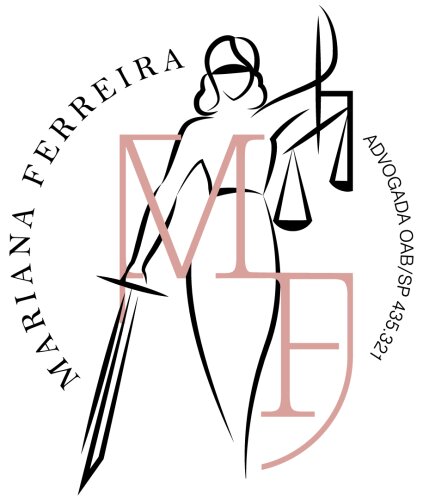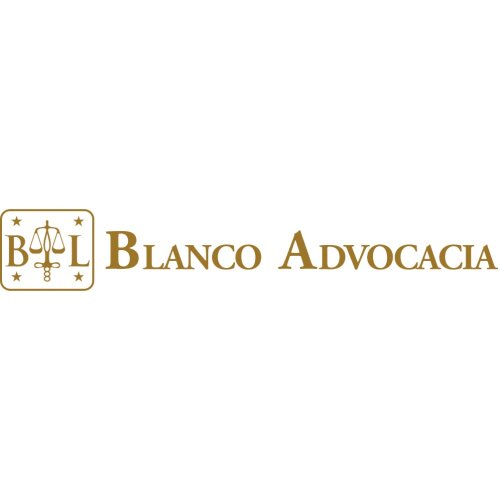Best Sex Crime Lawyers in Brazil
Share your needs with us, get contacted by law firms.
Free. Takes 2 min.
Or refine your search by selecting a city:
List of the best lawyers in Brazil
About Sex Crime Law in Brazil
Sex crime laws in Brazil are designed to protect individuals from sexual violence, abuse, and exploitation. These laws are encapsulated in the Brazilian Penal Code and have undergone significant reforms to strengthen protection measures and extend rights to victims. A range of acts, from sexual assault and harassment to exploitation and trafficking, are considered sex crimes under Brazilian law. Crimes such as rape, sexual abuse of children and adolescents, and indecent exposure are met with severe penalties, reflecting the country's commitment to combatting these offenses and protecting human dignity.
Why You May Need a Lawyer
There are several situations where individuals may require legal assistance when dealing with sex crime issues in Brazil. Victims seeking protection and justice may need a lawyer to navigate the legal proceedings effectively. Those accused of a sex crime, whether innocent or guilty, need legal representation to ensure their rights are protected throughout the judicial process. Furthermore, family members of both victims and accused individuals may seek legal counsel for guidance on legal rights, procedures, and potential outcomes.
Local Laws Overview
Sex crime laws in Brazil involve specific regulations and statutes under the Brazilian Penal Code. Key aspects include:
- Rape and Sexual Assault: Defined under Articles 213 and 215 of the Penal Code, these crimes are punishable with significant imprisonment, with additional penalties if the victim is a minor or incapacitated.
- Statutory Rape: Engaging in sexual activities with minors under the age of 14 is deemed statutory rape, with stringent penalties in place.
- Sexual Harassment: Outlined in Article 216-A, sexual harassment in the workplace or academic settings is a criminal act that can lead to fines or imprisonment.
- Child Sexual Exploitation: The Estatuto da Criança e do Adolescente (ECA) provides comprehensive protection for minors, with harsh penalties for exploitation or abuse.
- Trafficking and Exploitation: Brazilian law has specific provisions under Law 13,344/2016 against human trafficking for sexual purposes.
Frequently Asked Questions
What constitutes a sex crime in Brazil?
A sex crime in Brazil includes any unauthorized act of a sexual nature, including rape, attempted rape, sexual harassment, child exploitation, and trafficking.
Are there services available to victims of sex crimes in Brazil?
Yes, victims can access various support services, including legal assistance, psychological counseling, and protection programs offered by governmental and non-governmental organizations.
What is the statute of limitations for a sex crime in Brazil?
The statute of limitations for sex crimes varies depending on the specifics of the crime and can range from 8 to 20 years from the date the victim reaches maturity (18 years old).
How can I report a sex crime in Brazil?
Reports can be made at local police stations, specialized police departments (Delegacias da Mulher), or through emergency services such as 180 (for women).
What are the legal rights of sexual assault victims in Brazil?
Victims have the right to legal representation, confidentiality, access to healthcare, psychological support, and protection from the accused.
Can anonymous tips be made about a suspected sex crime?
Yes, anonymous tips can be reported through hotlines or local police services to help initiate investigations.
What penalties do sex crime offenders face in Brazil?
Penalties can include imprisonment, fines, and registration as a sex offender, depending on the severity and nature of the crime.
Are there laws protecting minors from sex crimes?
Yes, Brazilian laws provide robust protections for minors against sexual exploitation and abuse, with specific statutes for these crimes.
Can foreigners seek legal recourse for sex crimes in Brazil?
Foreigners are entitled to the same legal protections and can seek recourse through Brazilian legal channels, often requiring translation services.
Is psychological support available to victims and their families?
Yes, various NGOs and governmental initiatives offer psychological support and therapy to victims and their families to aid recovery.
Additional Resources
Several resources and organizations can provide assistance or further information on sex crimes in Brazil:
- Delegacia Especializada de Atendimento à Mulher (DEAM): Specialized police stations for female victims offering legal and psychological support.
- Disque Denúncia (Dial 100): A hotline for reporting abuse and seeking guidance on victim support services.
- Ministry of Human Rights: Offers various resources and support services for victims of violence.
- NGOs like Casa da Mulher: Provide shelters, legal support, and counseling for victims of domestic and sexual violence.
Next Steps
If you or someone you know needs legal assistance in a sex crime case, consider the following steps:
- Seek Immediate Help: Contact authorities or support services as soon as possible for assistance and protection.
- Secure a Lawyer: Look for a lawyer specializing in criminal or family law with experience in handling sex crime cases.
- Gather Evidence: Keep records and any evidence of the crime, including medical reports and witness statements, for your lawyer.
- Leverage Support Networks: Use available resources such as victim support organizations for assistance throughout the legal process.
- Stay Informed: Continuously educate yourself on your rights and the legal process to ensure active participation in your case.
Lawzana helps you find the best lawyers and law firms in Brazil through a curated and pre-screened list of qualified legal professionals. Our platform offers rankings and detailed profiles of attorneys and law firms, allowing you to compare based on practice areas, including Sex Crime, experience, and client feedback.
Each profile includes a description of the firm's areas of practice, client reviews, team members and partners, year of establishment, spoken languages, office locations, contact information, social media presence, and any published articles or resources. Most firms on our platform speak English and are experienced in both local and international legal matters.
Get a quote from top-rated law firms in Brazil — quickly, securely, and without unnecessary hassle.
Disclaimer:
The information provided on this page is for general informational purposes only and does not constitute legal advice. While we strive to ensure the accuracy and relevance of the content, legal information may change over time, and interpretations of the law can vary. You should always consult with a qualified legal professional for advice specific to your situation.
We disclaim all liability for actions taken or not taken based on the content of this page. If you believe any information is incorrect or outdated, please contact us, and we will review and update it where appropriate.
Browse sex crime law firms by city in Brazil
Refine your search by selecting a city.
















